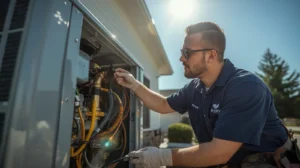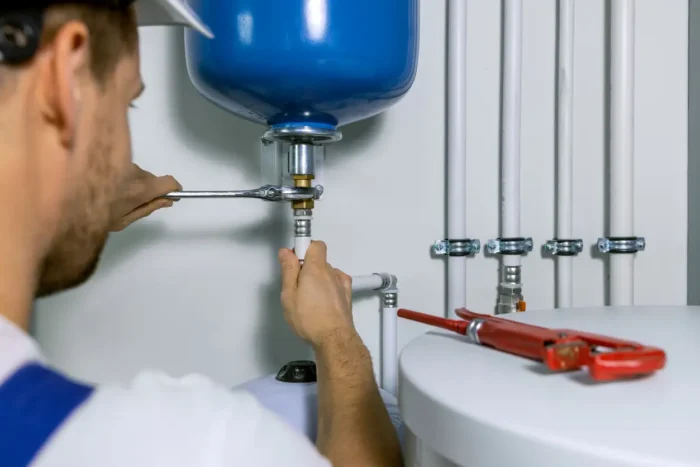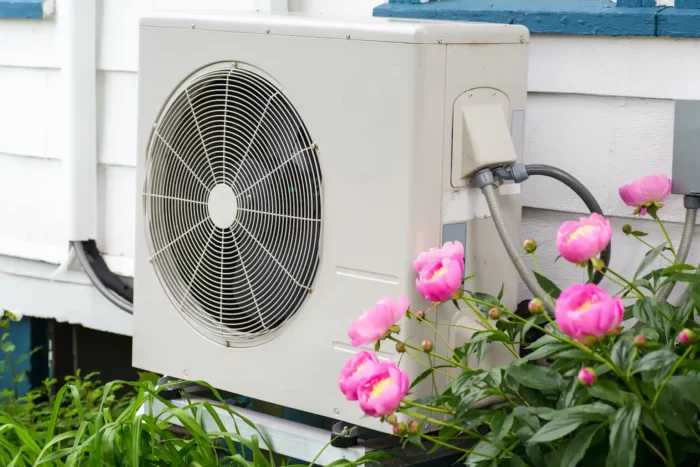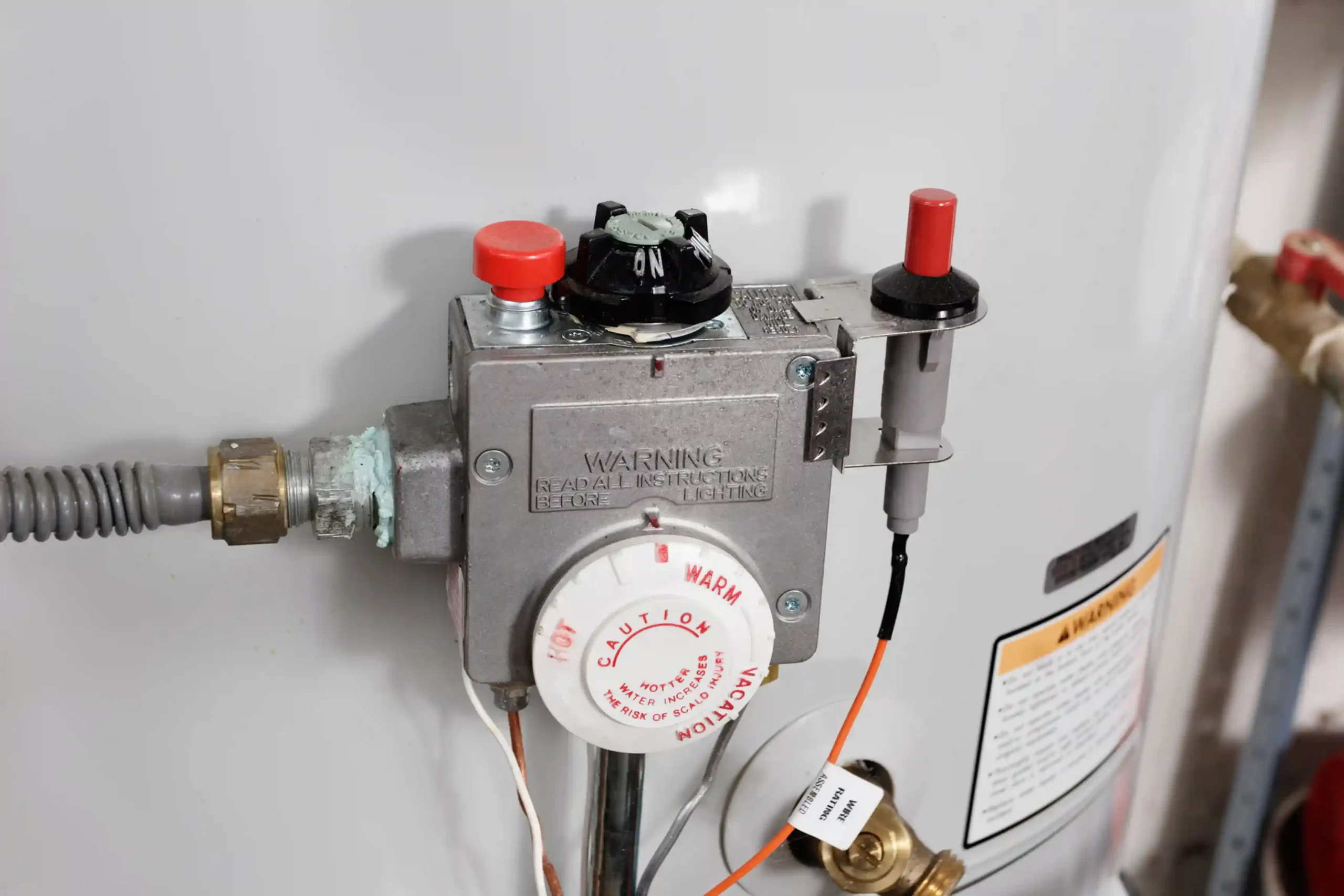In the summer, there is nothing worse than having your air conditioner not cool down your house on a hot day, and the compressor is most likely to blame. You may ask what does air conditioning compressor do and why is it important to the cooling system? This article will share with you all the important things you need to know about this crucial piece of equipment in your cooling/air conditioning system, including what it does, common problems, proper maintenance or difficulty levels of your air conditioning system (with emphasis on specific compressors).
Table of Contents
ToggleWhat Is an Air Conditioning Compressor?
The central part of your air conditioning system is the compressor. It actuates a mechanical pump that is responsible for moving refrigerant throughout the system. It is critical to the refrigeration cycle that exists to cool the indoor air of your home. Without the compressor, your system would not be able to remove heat from your home.
The compressor is designed to take low-pressure refrigerant gas from the evaporator coil and compress that gas into a high-pressure gas. The high-pressure gas is sent through the condenser coil to release that heat and to turn back into a liquid. Once it is a liquid it can pass through the valve for expansion, and, and the cycle can repeat again in the system.
How Does an Air Conditioning Compressor Work?

The compressor acts as a sort of “heart” that pumps the refrigerant through your system. It begins by taking in low-pressure gas and compressing it. The pressure increase converts the refrigerant into a superheated, high-pressure gas. The gas moves to the condenser coil outdoors, where it cools down, gives off heat, and changes into a high-pressure liquid.
The refrigerant passes through an expansion valve, which lowers the pressure and converts it into a cold, low-pressure liquid. It then moves to the evaporator coil in the house, where it evaporates into a gas, taking heat from inside your home. The compressor pulls in the gas to begin the cycle again, and to keep your house cool.
Compressor Types for Air Conditioning
There are different types of compressors for air conditioning systems, and each type has different functions. The type of compressor used differs depending on the type and size of the air conditioner. The different types are as follows:
Reciprocating Compressors
Reciprocating compressors are the most common compressors found in older air conditioning systems. Reciprocating compressors use a piston to compress refrigerant similar to the engine of a car. Reciprocating compressors are very effective, but they do tend to make considerable noise levels when in operation.
Scroll Compressors
Scroll compressors are much more efficient than reciprocating compressors. They employ two interleaved spiral elements that compress the refrigerant. Scroll compressors are a much quieter type of compressor compared to reciprocating compressors and can be found in newer, upscale air conditioning systems.
Rotary Compressors
These compressors are generally found in smaller, portable a/c units. Rotary compressors use a rotary vane to compress the refrigerant, providing a compact, quieter option for a/c units in a smaller space.
Screw Compressors
Screw compressors are typically used in larger commercial grade a/c systems. This type of compressor is designed for high-efficiency needs and strength. A screw compressor uses two screw compressors that work in tandem to compress the refrigerant, this makes these compressors ideal for places that require a heavy duty solution for cooling capacity.
Remember that each of the compressor types has many advantages and understanding the differences between types will help you choose the right type.
Issues with AC Compressors
As with any mechanical component, AC compressors experience wear and tear. Below are some common issues:
Compressor Overheating
If your compressor overheats, it can stop working and render your air conditioning unit idle. This can happen from lack of airflow, dirty filters, or low refrigerant levels.
Compressor Not Turning On
A compressor that simply will not start is a surefire clue there is a problem. A few causes of this could be electrical problems, a bad capacitor, or a defective motor.
Refrigerant Leaks
If your system leaks refrigerant, the compressor will not be able to circulate the refrigerant, resulting in reduced cooling capabilities or shutting down the system completely.
Unusual Noises
A running compressor should be relatively quiet. If you hear grinding, squealing or rattling, it could be a sign of mechanical failure.
Ways to Trouble shoot an Air Conditioning Compressor
Diagnosing compressor issues can be complicated, but there are a few things that you can check before having a professional diagnose the problem:
- Check the power source, and make sure the compressor has power. It could be as simple as a blown fuse or tripped circuit-breaker.
- Check the capacitor, which is used to start the compressor. The compressor won’t start if the capacitor is bad.
- You should also check for leaks. If the refrigerant is low, then it is most likely that you have some sort of leak in the system. If you see any signs of oil around the compressor, that most likely signifies a leak occurring.
If you are not comfortable with these items, you should seek out a professional to properly diagnose the problem.
How Long Can Air Conditioning Compressors Last?
The lifespan of an AC compressor is variable, based on the model and maintenance. A well-maintained compressor will typically last between 10 to 15 years. However, there are some factors that could shorten the compressor’s lifespan, such as:
- Lacking regular maintenance: dirty filters, low refrigerant, and poor lubrication can all affect the health of your compressor.
- Overworking: running the air conditioning at full power consistently will strain the compressor, making it wear out faster.
Routine maintenance and repairs can preserve the compressor longevity and save additional costs on a unit’s pool replacement.
When to Replace an AC Compressor
In an HVAC system, the compressor is responsible for cooling and heating (in heat pump systems). Because the compressor is used in all heating and cooling cycles, the compressor is one of the most important components in your home’s climate control. The compressor aids in the proper flow of refrigerant through the system and, thus, helps to use energy and control temperature efficiently.
For anyone who is interested in obtaining the most efficient operation from their air conditioning or heating system, it is important to know a little about the role of the compressor in HVAC systems.
The Function of the Compressor in the HVAC System
In an HVAC system, the compressor is responsible for both cooling and heating (in heat pump systems). The compressor’s role in both heating and cooling cycles makes it one of the most important components of your home’s climate control. It ensures that refrigerant flows properly through the system, optimizing both energy use and temperature regulation.
Understanding the compressor’s role in HVAC systems is crucial for anyone looking to get the most efficient performance from their air conditioning or heating system.
Maintenance Tips for Air Conditioning Compressors
Taking care of your air conditioning compressor is not as complex as it seems. Here are some simple steps to keep the compressor working efficiently:
- Clean / Change Filters: Clogged filters can cause a reduction in airflow which may cause the compressor to overheat.
- Check Refrigerant Levels: Low refrigerant levels may cause your compressor to overwork which may lead to compressor failure.
- Get Your System Serviced Regularly: You should always have your system serviced by a qualified professional annually to catch any problems early and/or make sure it is operating efficiently.
Good, regular maintenance can increase the life of your compressor and increase the efficiency of your air conditioning system.
How to Fix an AC Compressor
Although many issues with compressors are best resolved by calling a professional, there are a few things you can call yourself.
- Reset the Circuit Breaker: If your compressor will not turn on, resetting the circuit breaker might solve the issue.
- Clean the Coils: If your coils are dirty, they may be overheating. Cleaning them will improve air circulation and cooling performance.
- Look for Refrigerant Leaking: If you suspect a refrigerant leak, you need to call a technician to recharge the system and seal any leaks.
Most compressor repairs will likely require the work contact professional, for they carry both the specialized training and tools.
Conclusion
The air conditioning compressor is a crucial component of your cooling system. Understanding its function, common issues, and how to maintain it will help you ensure that your AC system stays in top shape for years. Whether you’re troubleshooting a problem, thinking about a replacement, or simply trying to improve efficiency, regular attention to your compressor can save you money and headaches down the road.
Expert AC Compressor Repair & Installation Services
Whether your AC compressor needs a quick fix or a full replacement, trust Hutchinson Heating and Air Conditioning LLC to get the job done right.





